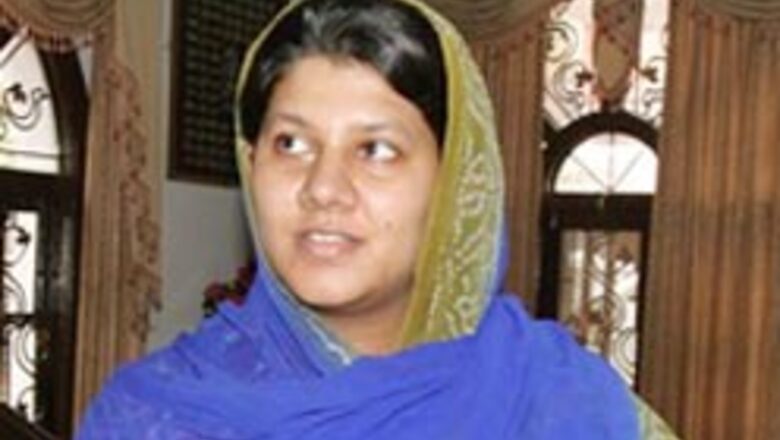
views
Sydney: The Australian police denied newspaper reports on Sunday that they were investigating whether an Indian doctor detained on terror charges may have been plotting to blow up a high-rise building on the Gold Coast.
Lawyers for Mohamed Haneef earlier criticised the reports which said police were studying photographs of the landmark building and its foundations seized in a raid on their client's home in Queensland three weeks ago.
The Australian Federal Police (AFP), which earlier refused to confirm or deny the allegations made in the Sunday Mail newspaper and Melbourne’s Herald Sun, said in a statement the reports were inaccurate.
"We will be taking the extraordinary step of contacting Dr Haneef’s lawyer to correct the record," AFP Commissioner Mick Keelty said in a statement. Police took the unusual step of commenting on media speculation following a barrage of criticism from Haneef's lawyers and politicians over the way the case was being handled.
Lawyers for Haneef, who is charged over links for failed bomb attacks in Britain in June, earlier said their client was being tried in the media and called on government ministers and police to address the issue.
Australia moved on Friday to calm Indian concerns over Haneef's detention after media reports said Haneef's mobile phone SIM card had not been found in a burning car at a Glasgow airport terminal as police have alleged in court, undermining the case against the 27-year-old doctor. Haneef is charged with “recklessly” supporting terrorism by providing a relative in Britain with his SIM card.
He has not entered a plea to the charges and remains in jail after the government cancelled his visa and ordered he be kept in immigration detention, despite a magistrate earlier ruling he could be released on bail.
Police in Britain have charged three people over the attacks, including Haneef's second cousin, Sabeel Ahmed, who is accused of failing to disclose information that could have prevented an act of terrorism. Another of Haneef's second cousins, Kafeel Ahmed, is under police guard in hospital after being badly burned when a jeep was driven into an airport terminal in Glasgow and set ablaze.
After he was arrested, Haneef told police that when he was about to leave for Australia in July 2006, he left his SIM card with Sabeel to use. ABC radio and local newspapers said Friday sources in Australia and Britain had confirmed the SIM card was found on Sabeel, and not in the burning car as Australian police had alleged in court. Sunday's report was the latest in a string of media leaks in Australia about the Haneef case.




















Comments
0 comment